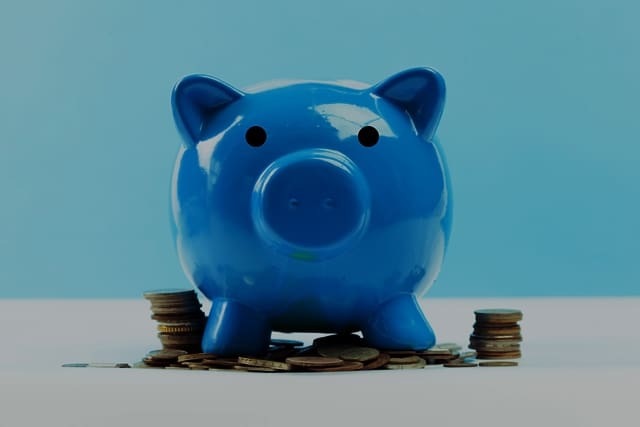Buying your first home is an exciting milestone, but it requires careful financial planning. Creating a budget for your home purchase is essential to ensure that you can afford your new home without compromising your financial stability. This guide will walk you through the steps to budget effectively for your first home purchase, from assessing your financial situation to planning for hidden costs. By the end of this post, you’ll have a clear understanding of how to manage your finances for a smooth home-buying experience.
Assess Your Financial Situation
Before diving into the home-buying process, it’s crucial to assess your current financial situation. Start by reviewing your income, expenses, and existing debts. Calculate your monthly net income and track your spending to identify areas where you can save. Understanding your credit score is also important, as it influences the mortgage rates you qualify for. Taking these steps will give you a clear picture of your financial health and help you determine how much you can afford to spend on a home.
Determine Your Home Buying Budget

Once you have a handle on your finances, it’s time to determine your home-buying budget. A general rule of thumb is to spend no more than 30% of your monthly income on housing costs, including mortgage payments, property taxes, and insurance. Use online mortgage calculators to estimate how much you can borrow and what your monthly payments will be. Don’t forget to account for additional costs such as closing fees, moving expenses, and home maintenance. Setting a realistic budget will prevent you from overextending yourself financially.
Save for a Down Payment
Saving for a down payment is a critical step in the home-buying process. Aim to save at least 20% of the home’s purchase price to avoid paying private mortgage insurance (PMI). If saving 20% seems daunting, consider exploring first-time homebuyer programs that offer lower down payment options. Create a savings plan by setting aside a specific amount from each paycheck and cutting unnecessary expenses. Automating your savings can also help you stay on track towards reaching your down payment goal.
Consider Hidden Costs and Emergency Funds

When budgeting for your first home purchase, it’s important to consider hidden costs and set aside an emergency fund. Unexpected expenses such as home repairs, property taxes, and homeowners association fees can quickly add up. Having an emergency fund that covers three to six months of living expenses will provide a financial cushion in case of unforeseen circumstances. Planning for these additional costs ensures you won’t be caught off guard and can maintain your financial stability.
Get Pre-Approved for a Mortgage
Getting pre-approved for a mortgage gives you a clear idea of how much you can afford and shows sellers that you are a serious buyer. Pre-approval involves a thorough review of your financial situation by a lender, including your credit score, income, and debts. With a pre-approval letter in hand, you’ll have a better understanding of your price range and can make competitive offers on homes. Additionally, pre-approval can expedite the closing process once you find your dream home.
Budgeting for your first home purchase requires discipline and informed decision-making. Stay committed to your savings plan, keep track of your spending, and continuously review your budget as your financial situation evolves. Educate yourself on the home-buying process and seek advice from financial advisors or real estate professionals. By staying disciplined and informed, you’ll be well-prepared to purchase your first home and enjoy the rewards of homeownership without financial stress.
FirstHome #HomeBuyingTips #Budgeting #FinancialPlanning #RealEstate #HomePurchase #FirstTimeHomeBuyer #MortgagePlanning #SavingTips #HomeBudget
